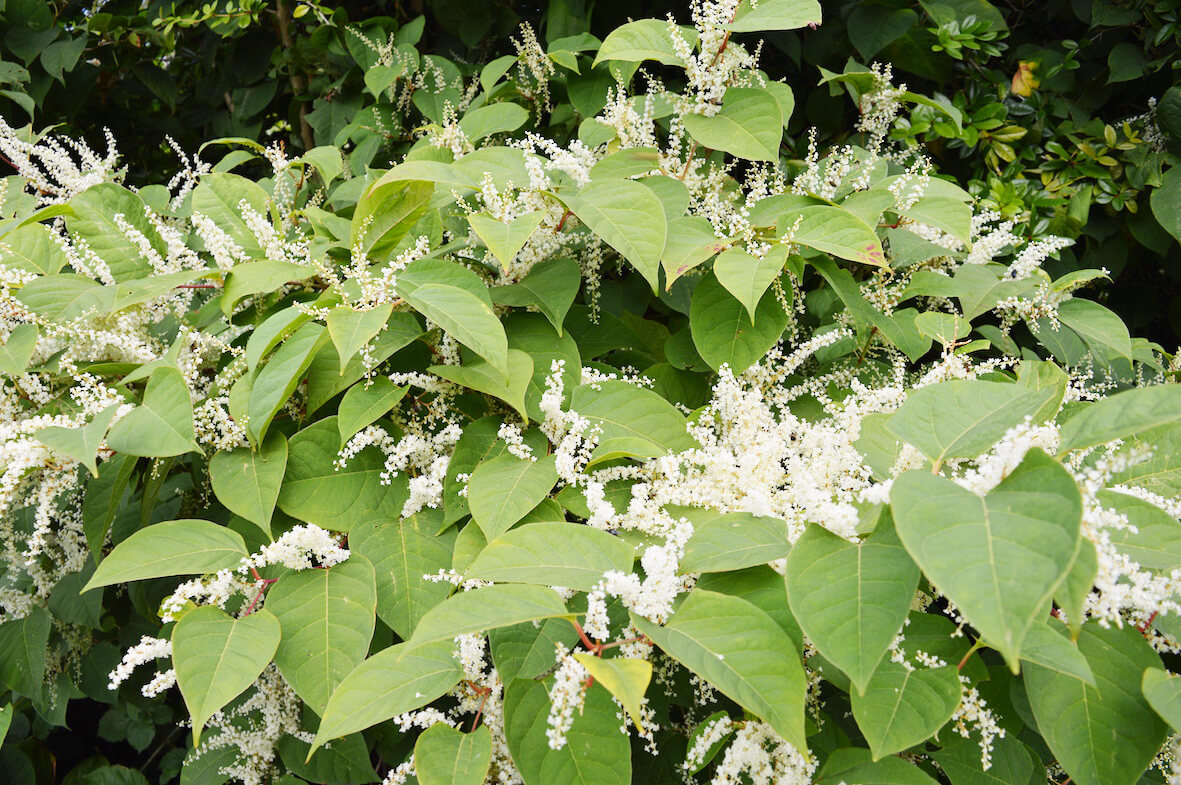Worried about Japanese Knotweed? – Sellers Beware!
In January 2023, a seller was ordered by the Court to pay legal costs and damages to his buyer in the sum £200,000 and he may have to sell his new home in order to raise the funds.
When selling his house in 2018, the seller completed the Property Information Form declaring there was no Japanese knotweed on the property.
Once the buyer had moved in a patch of knotweed was found growing behind a shed in the garden of the property. He subsequently sued the seller for misrepresentation.
Here are some tips to avoid ever being in this situation.
What is Japanese Knotweed?
Japanese knotweed is an invasive weed that spreads rapidly. In winter the plant dies back to ground level. By spring/early summer, the bamboo-like stems grow from deep underground roots and can grow to heights of up to 7ft.
For homeowners, the plant can cause significant problems if left to grow as it can grow through cracks in buildings and drains causing structural problems and can devalue your home. If the weed crosses boundaries into your neighbours’ properties, you could face a claim against you for nuisance.
What should I do if I have Japanese Knotweed at my property?
As a homeowner, it will be your responsibility to check if any Japanese knotweed is present and if it is, you will need to arrange for a professional company to provide a management plan to eradicate it.
Since 2013, sellers are required to confirm in the Property Information Form whether or not Japanese knotweed is present on their property. There are three options for answering this question:
‘No’ should only be answered if a seller can be certain that no root is present in the grounds of the property or within 3 metres of it even if no plant is visible above ground. A seller should therefore avoid answering ‘No’ to this question unless they are absolutely sure there is no Japanese knotweed present.
What to do if I am buying a property?
If the seller has ticked ‘Not known’ to the question in the Property Information relating to Japanese knotweed, as a buyer, you should take further steps to investigate by inspecting the property and consider obtaining a report from a specialist company. If Japanese knotweed is present, lenders will usually requirement a management plan by a professional company backed by a guarantee which can be transferred to you as the buyer on completion of your purchase. You should insist on the seller providing this even if you do not require a mortgage.
Whether you are a seller or a buyer, any investigations to identify the plant should be carried out early in the transaction as disagreements over the identification of a plant or lack of a management plan could cause unnecessary delays. It could prevent a buyer having to deal with the eradication of Japanese knotweed and any damage caused after completion. It could also prevent any claims against a seller for misrepresentation.
This article should not be considered legal advice and it is always best to contact the solicitor dealing with your conveyancing transaction so that can advise you officially. If you would like to instruct us for your conveyancing you can use the contact form found here, or on this page, alternatively you can call us on 01453 847200.



